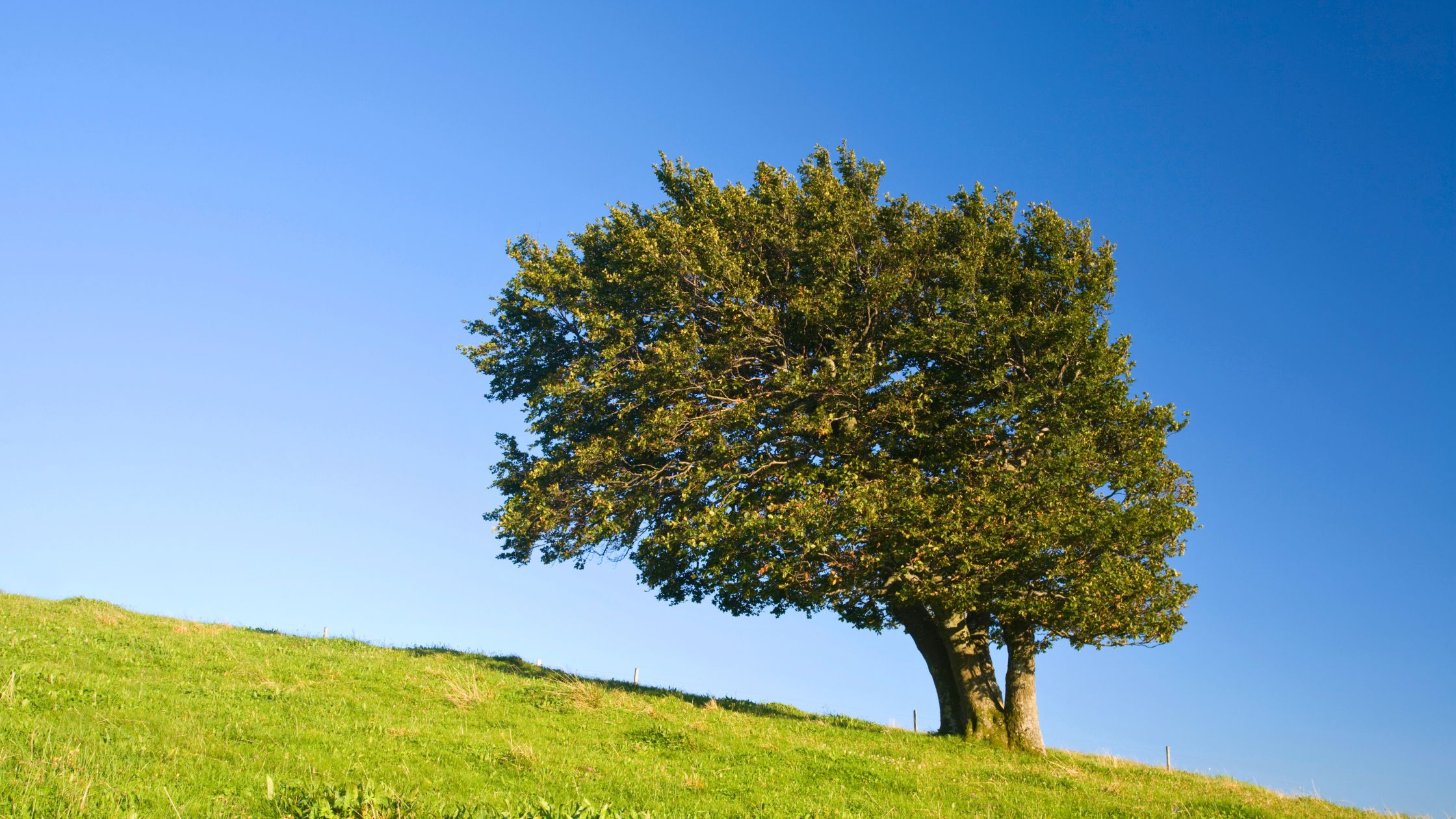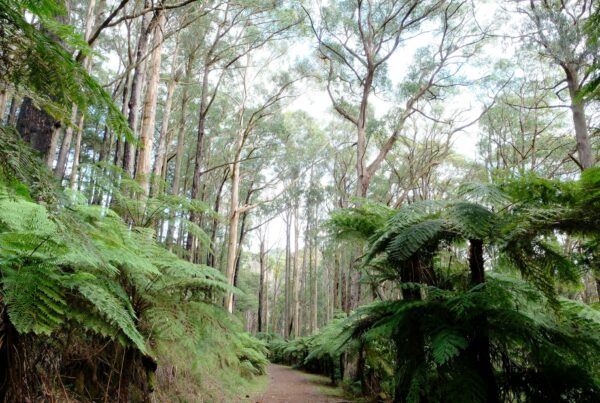In a world increasingly conscious of its environmental footprint, a quiet revolution is taking place, transforming how we approach life’s most significant milestones. This shift isn’t just about what we wear or what we consume; it’s about re-evaluating our final farewells. The funeral industry, often perceived as a bastion of tradition, is now at the forefront of this change, moving away from a ‘fast fashion’ mindset towards a new era of thoughtful, sustainable choices.
For decades, we’ve witnessed a societal trend towards convenience and disposability. Products are designed to be cheap, mass-produced, and have a short lifespan, a phenomenon often described as ‘fast fashion’. This mindset, which has permeated everything from clothing to home goods, prioritises immediate gratification over long-term value and environmental impact. The funeral industry has, in many ways, followed a similar trajectory. Traditional, industrialised methods have become the norm, often offering less and less value while simultaneously increasing costs. This has led to a sense of disconnect, where the final act of a person’s life is reduced to a convenient, transactional process that offers little emotional or environmental contribution.
However, a growing number of people are now seeking a different approach. They are questioning the status quo and looking for a way to honour their loved ones that aligns with their values of sustainability and legacy. The conversation is shifting from “what does it cost?” to “what does it contribute?” This is where the funeral industry’s own sustainable revolution comes into play. It’s a move away from the impersonal, industrial process of cremation and the long-term environmental impact of traditional burials towards a more natural, meaningful, and regenerative approach.
Restoring the Planet, Honouring a Life
This is where the new era of sustainability comes in. It’s about finding a way to honour a life and a legacy while also honouring the planet. It’s about moving the discussion from the “cost” to the “value” of a funeral. A new approach to funeral services is emerging, one that bridges the gap between the need for a dignified farewell and the desire for a sustainable, lasting legacy.
Why Cremation Offers a Lighter Footprint
Modern cremation offers a series of significant environmental benefits that make it a compelling choice for those seeking a sustainable farewell. The most immediate and obvious advantage is land use. Cremation eliminates the need for a physical burial plot, preserving valuable land and allowing for a more efficient use of space. This is a critical consideration for our collective environmental future.
Furthermore, direct cremation avoids many of the resource-intensive aspects of traditional funerals. By opting for a simple, dignified, and eco-friendly process, families bypass the need for elaborate hardwood caskets, embalming, and expensive, resource-heavy monuments. This approach directly reduces the consumption of natural resources and minimises the carbon footprint associated with manufacturing and transportation.
A Thoughtful Farewell for a New Era
The funeral industry has a chance to evolve with society’s changing values. Instead of simply offering cremation as a cheap alternative to an expensive burial, it can offer a sustainable option that provides both a meaningful ritual and a positive environmental impact. It is about creating a living legacy, where a person’s final resting place becomes a symbol of restoration and growth.
Ultimately, this is a discussion about dignity and respect—not just for the person who has passed, but for the planet we all share. It’s an opportunity to ensure that a farewell isn’t just an end, but a beautiful and life-giving new beginning. It’s a move away from the “fast fashion” of funerals and towards a more thoughtful, sustainable approach that truly reflects our values.





